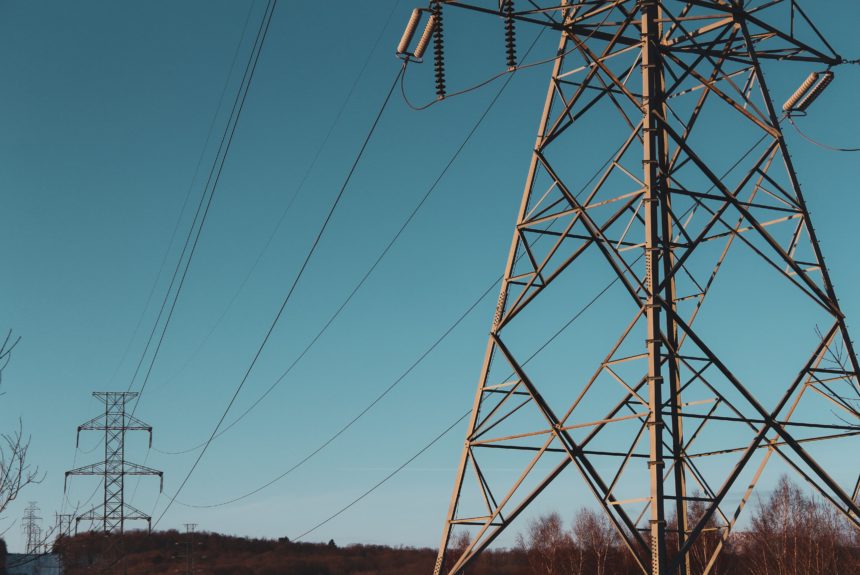The state of Texas has a unique energy model. It is independent from other regional grids, allows consumers to pick their preferred energy sources, and is an energy-only market. This means that power plants are paid only if they produce electricity. Other states have capacity markets, which means power plants are paid for producing electricity and for simply having the energy available if needed.
In February 2020, winter storm Uri swept through the state, leaving 4.8 million Texans without power for days and killing more than 100 people. Some state regulators and politicians are blaming its competitive energy-only market and are calling for a redesign that would more closely model a capacity market. Furthermore, some regulators are blaming power outages during Uri on Texas’ fleet of renewable energy sources. They are looking for ways to favor fossil fuels over other energy sources. Both approaches would be wrong.
Texas can improve grid reliability without overhauling it. Regulators, utility commissioners, and politicians should uphold its competitive market which will benefit consumers and the environment alike.
Facts vs. Myths
- Fact: Reducing market competition leads to the government picking winners and losers.
- In less competitive energy markets, where the government picks energy winners and losers, mandates, subsidies and preferential treatment hurts consumers.
- Myth: Renewable power is to blame for outages during winter storm Uri.
- Uri was a rare storm that froze up infrastructure for all energy sources, including coal, natural gas, and nuclear.
- Fact: Market competition improves electricity reliability.
- In Texas, competitive generators have led to the state becoming the national leader in electricity reliability.
- Myth: If Texas’ grid were interconnected with other regional grids, rather than fully independent, it wouldn’t have been so affected by the winter storm.
The Benefits of Electricity Competition in Texas
- Electricity competition protects consumers from increased energy costs
- Energy costs in Texas are among the lowest in the nation.
- In Texas, consumers pay an average of $102 per month on electricity.
- In contrast, in California consumers pay $193 on average per month.
- A diverse energy mix made possible by electricity competition also protects consumers from unexpected cost increases for energy.
- Energy costs in Texas are among the lowest in the nation.
- Electricity competition benefits the environment
- A study conducted by Dartmouth University finds that increased power plant efficiency and nuclear availability from competitive markets “have provided sizable reductions in pollution.”
- Since 2000, Texas has reduced CO2 emissions per capita by 24%.
- Competition has also allowed for more clean energy to be added to the Texas grid.
- Currently the Texas grid has a queue of project proposals that includes “an additional 91,000 megawatts of solar generation, 33,000 MW of battery storage and 23,000 MW of wind generation.”
- In 2020, Texas accounted for one-fifth of the nation’s non-hydroelectric renewable energy generation.
- Electricity competition helps protect consumers from inefficient and corrupt monopolies.
- In South Carolina, corrupt monopolies propped up failed nuclear power plant construction projects to meet profit goals and collect millions of dollars in bonuses, which were paid for by taxpayers.
Markets vs Mandates
- In Texas, market forces have led to reduced utility costs and a more diverse energy mix.
- A capacity market with specific requirements for energy availability could empower the government to pick winners and losers, limit consumer choice, and increase costs.
- Monopoly markets limit competition and often increase costs on consumers.
- For example, Dominion Energy consumers in Virginia are expected to see their costs more than double so that the monopoly electric provider can comply with the state’s clean energy mandates.
- Monopoly markets limit competition and often increase costs on consumers.
How to advance electricity competition in Texas to prevent another energy crisis.
- Increase competition by embracing free market principles.
- In the most recent State of Electric Competition report, Texas scored an 11 out of 13, meaning that the state’s electricity market is competitive, but can improve.
- To improve its score, Texas should adopt a state-level compensation program for distributed energy generation to encourage homeowners to produce their own electricity, which they can then sell on the wholesale market.
- In the most recent State of Electric Competition report, Texas scored an 11 out of 13, meaning that the state’s electricity market is competitive, but can improve.
- Reject proposals that embrace a capacity market.
- A capacity model would force utilities to generate reserve power when it’s not needed. While improving electricity reliability is good, specific capacity requirements could add costs to consumers and benefit some sources over others.
- A capacity model would also likely fail to prevent what happened during Uri.
- As Texas Tech economist Michael Giberson states: “Fundamental changes to the ERCOT market design could impose additional costs without predictable benefits.”
- Continue a technology-neutral framework while implementing necessary reliability reforms.
Summary:
- Texas’ electricity model is unique and benefits consumers and the environment alike.
- Winter storm Uri was a result of infrastructure failures, not market failures.
- Adopting a capacity market framework would hurt consumer choice, allow the government to pick energy winners and losers, and harm the environment.


